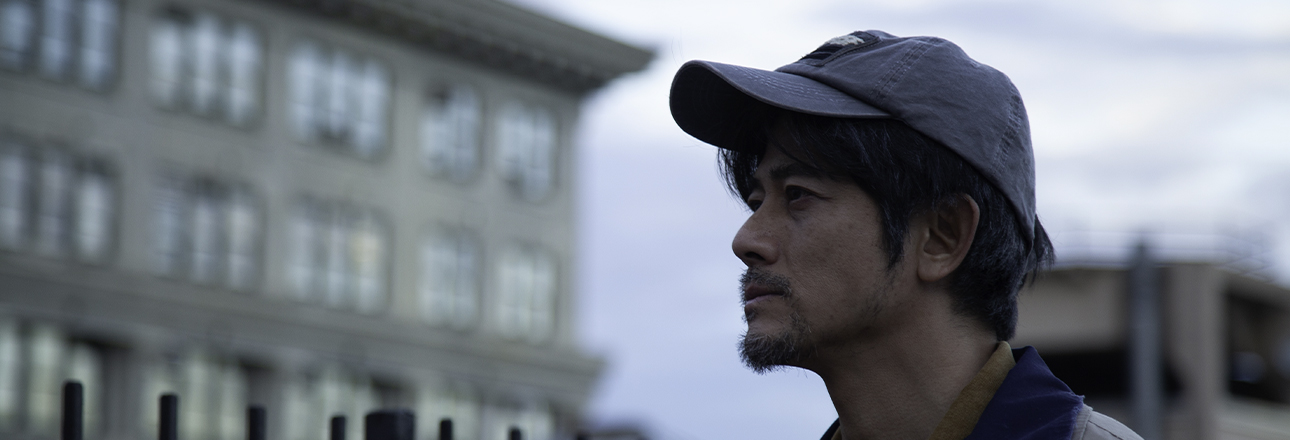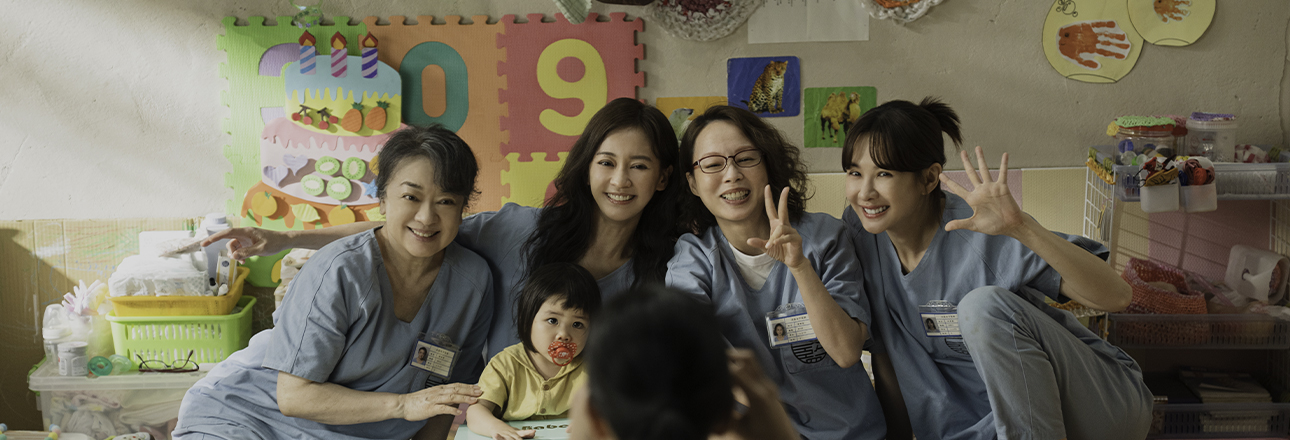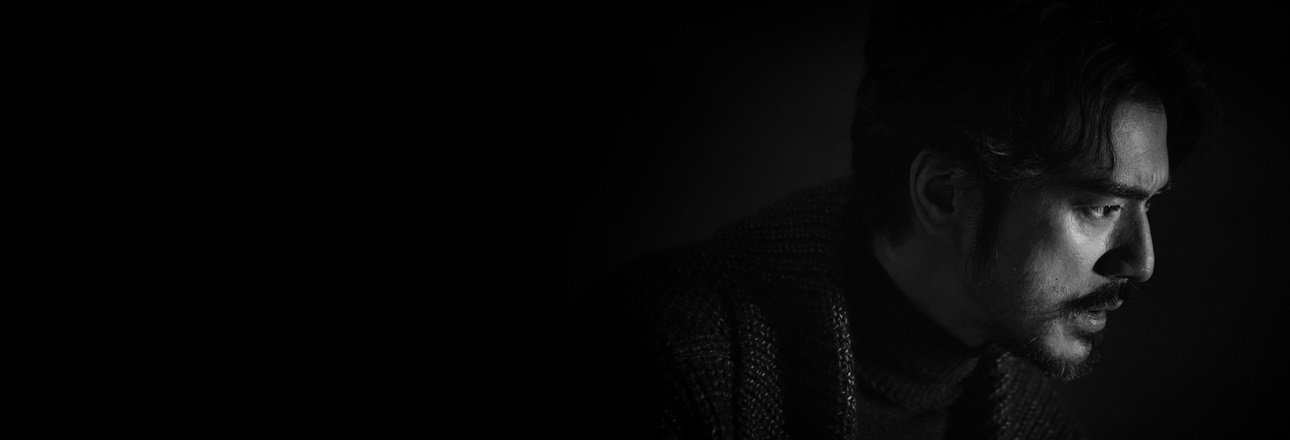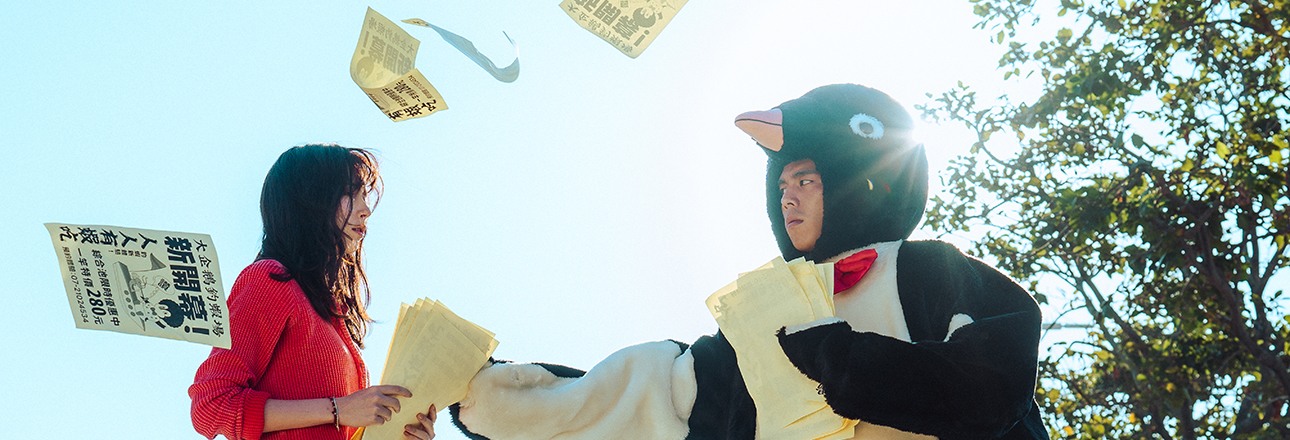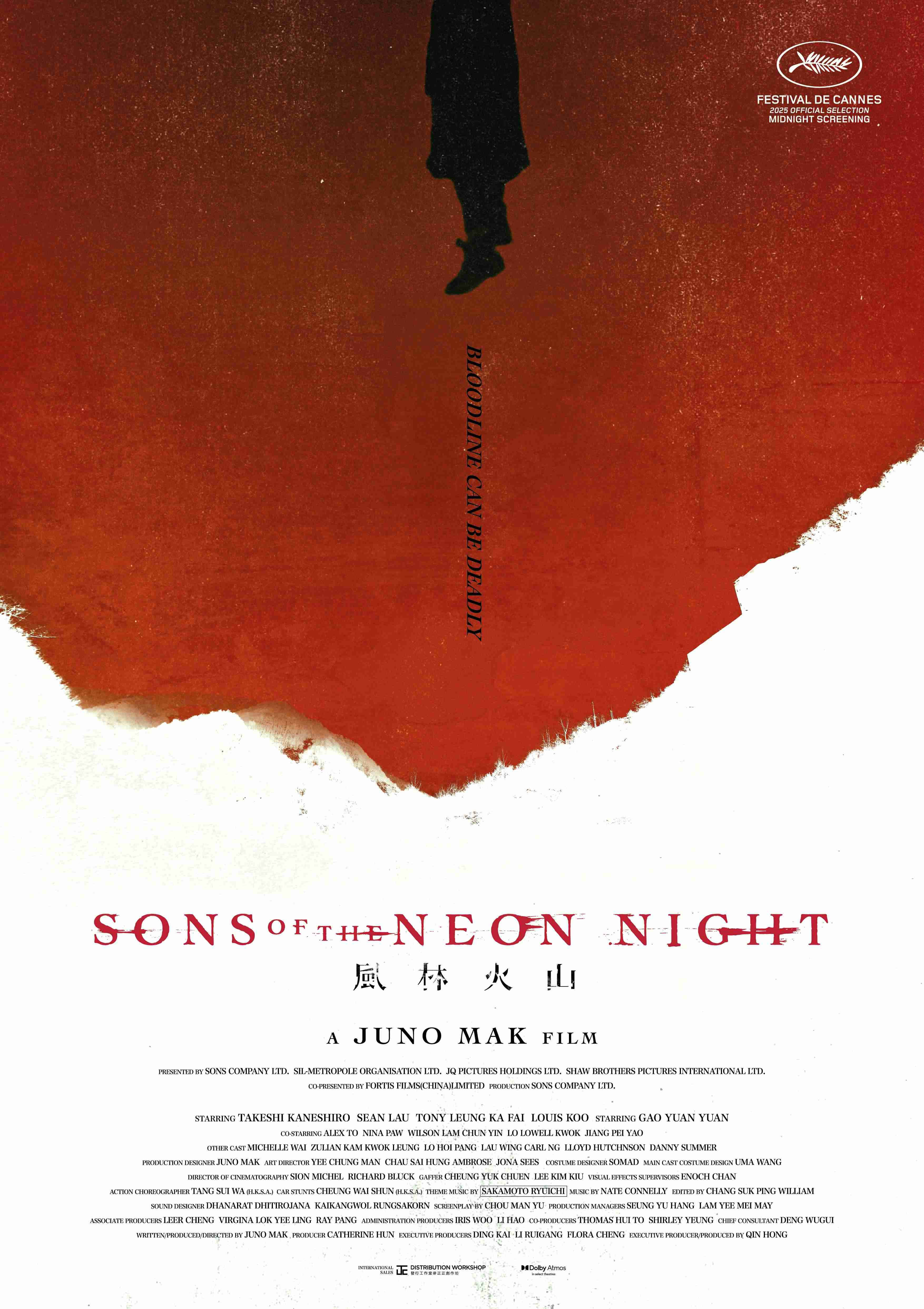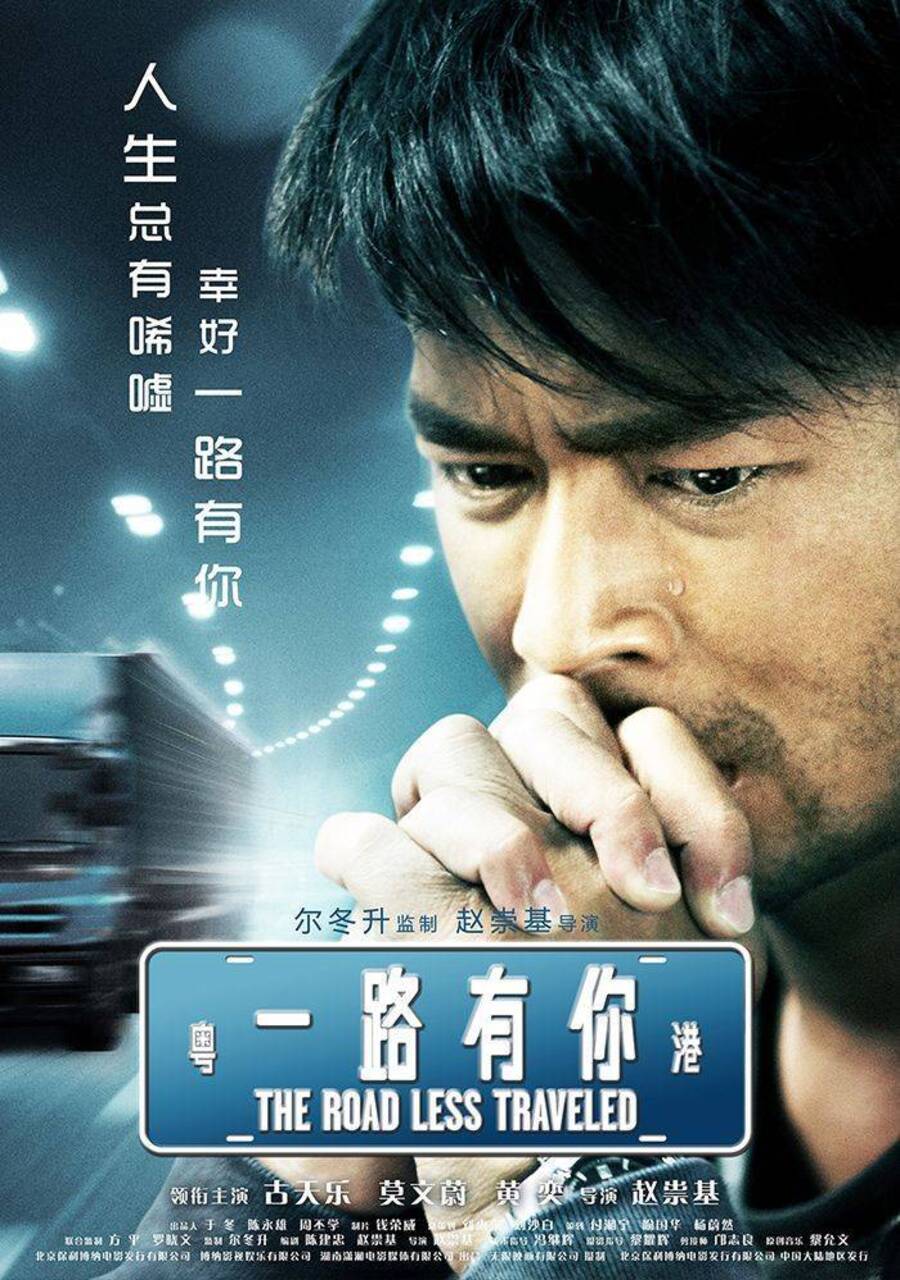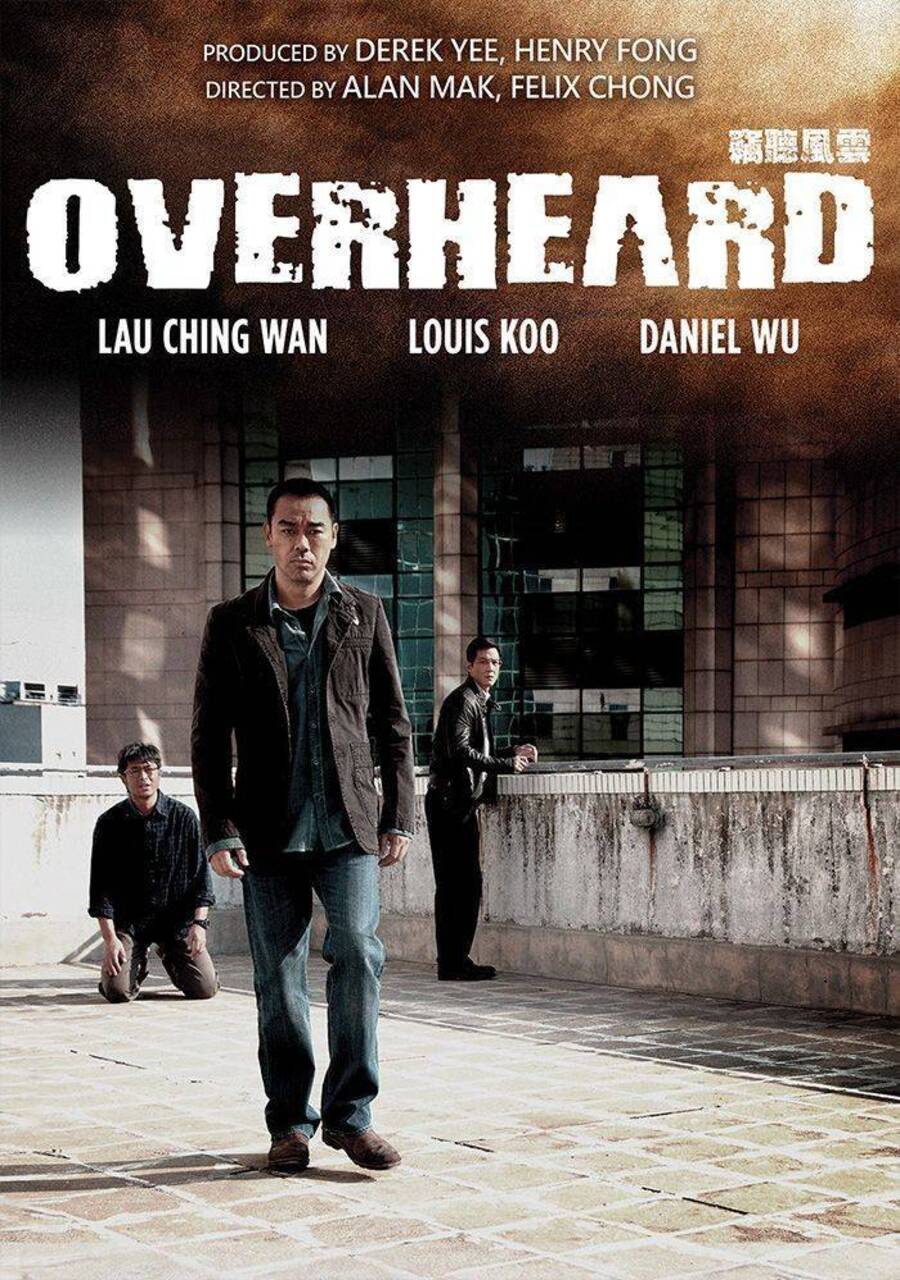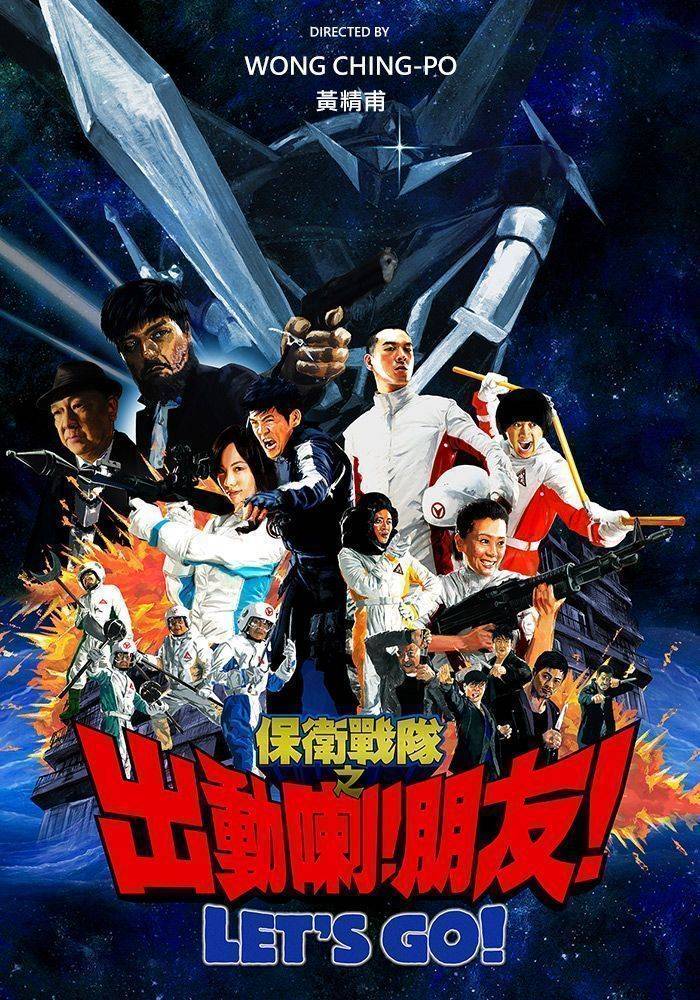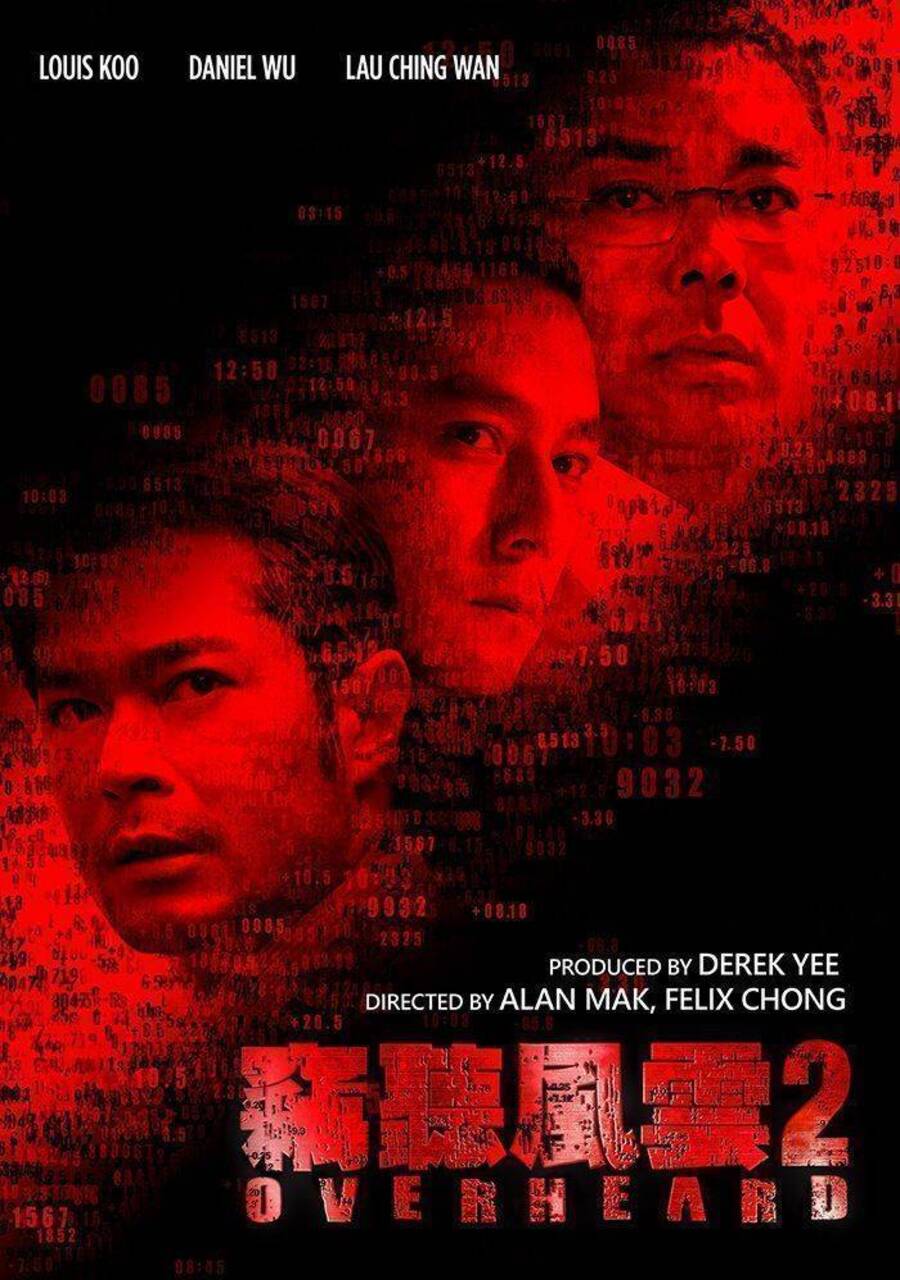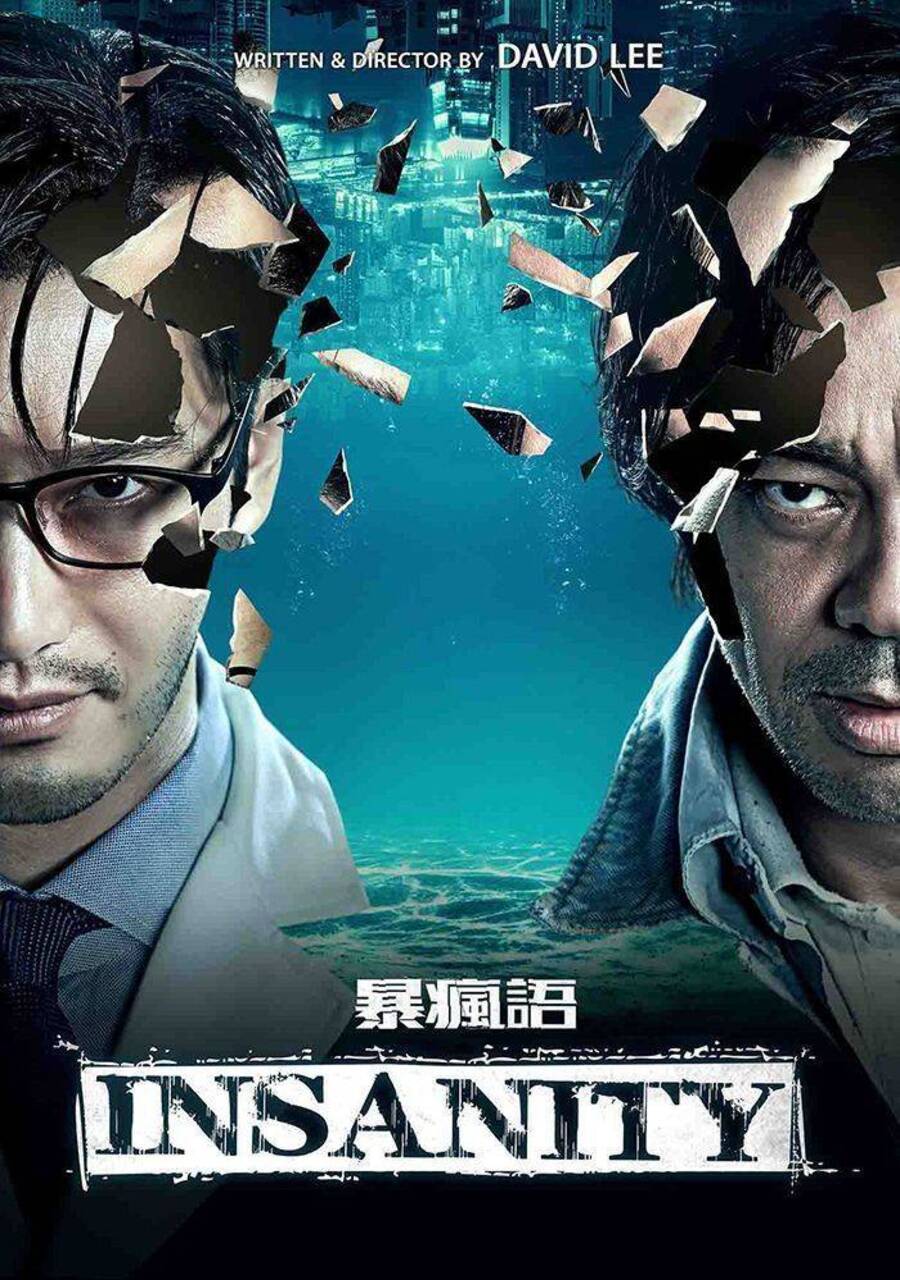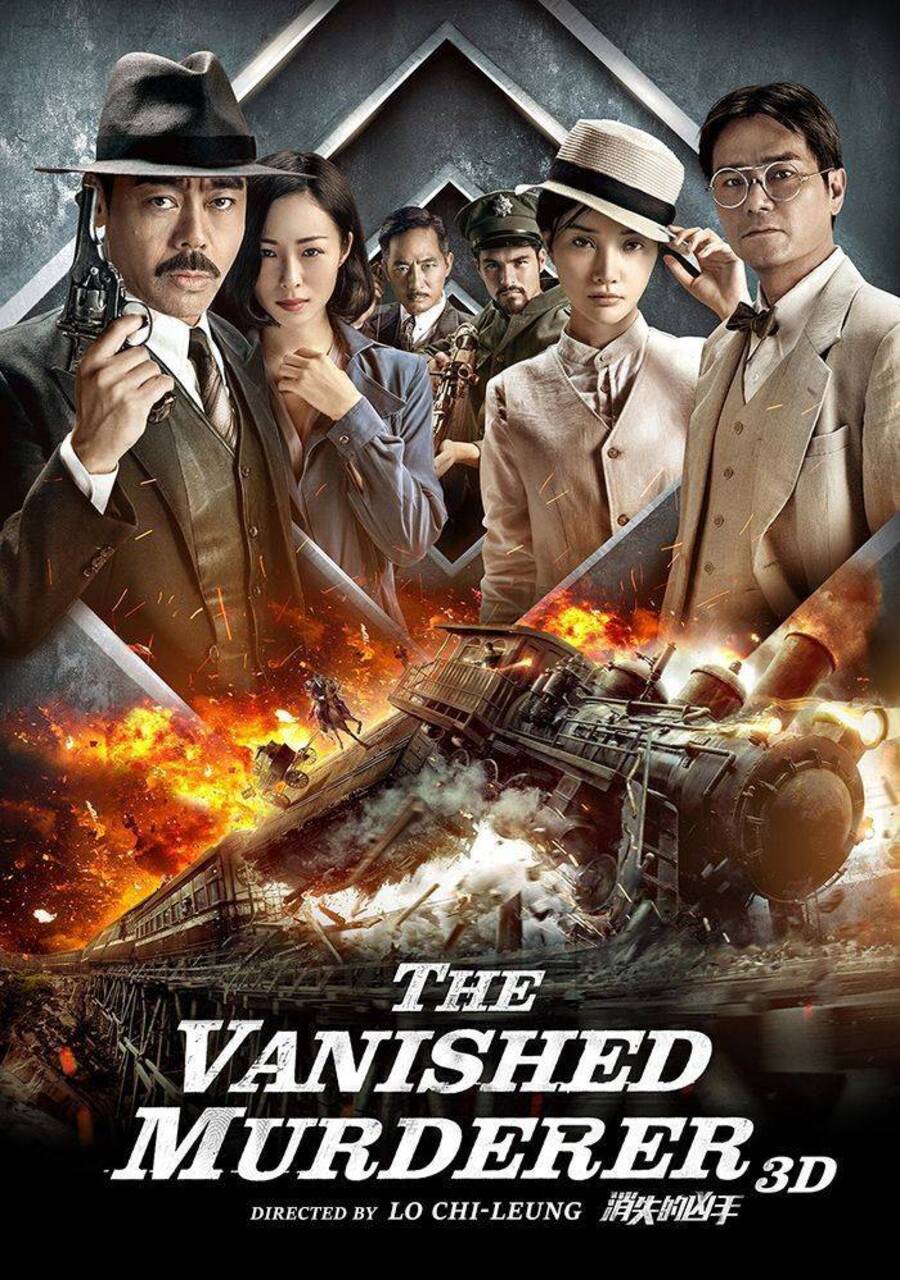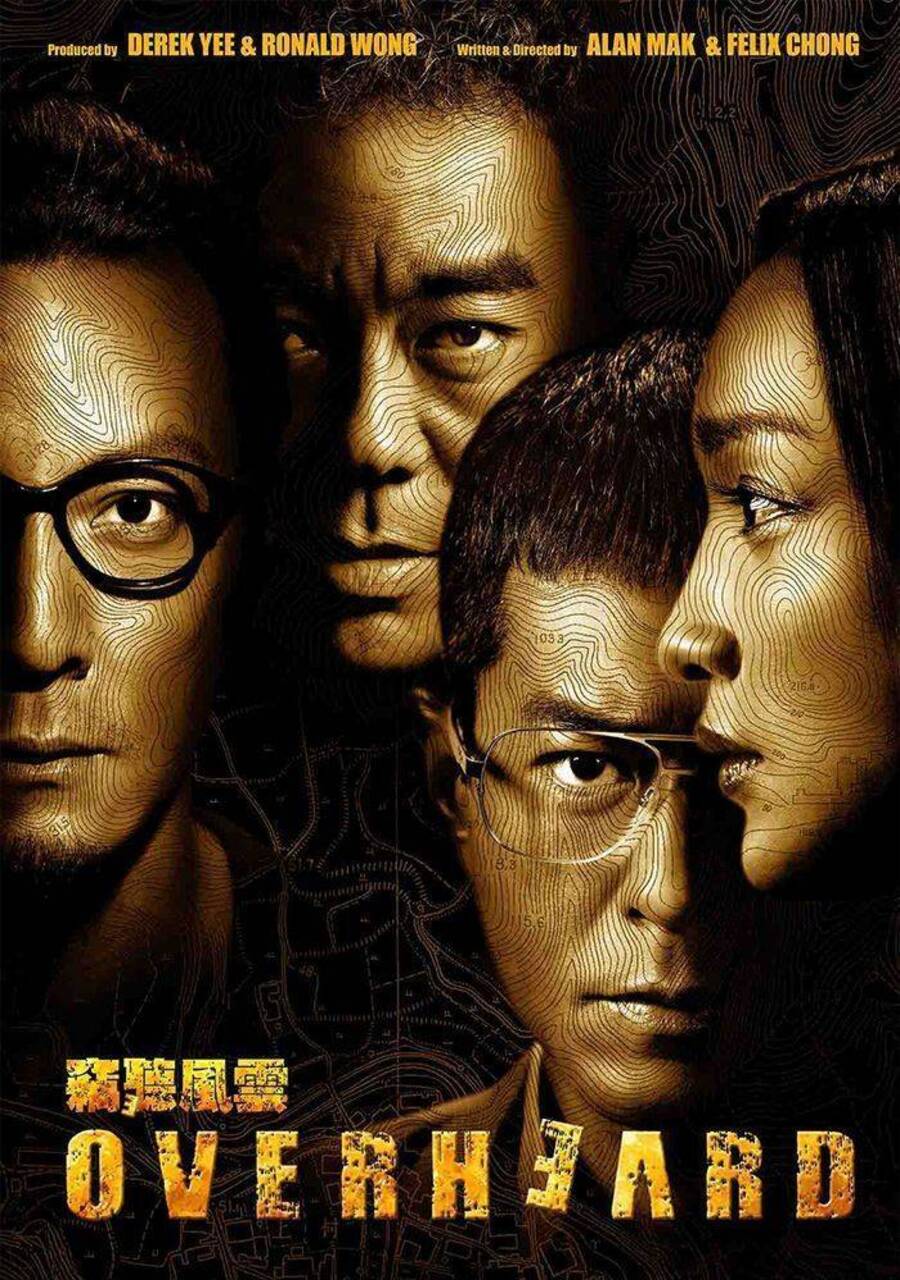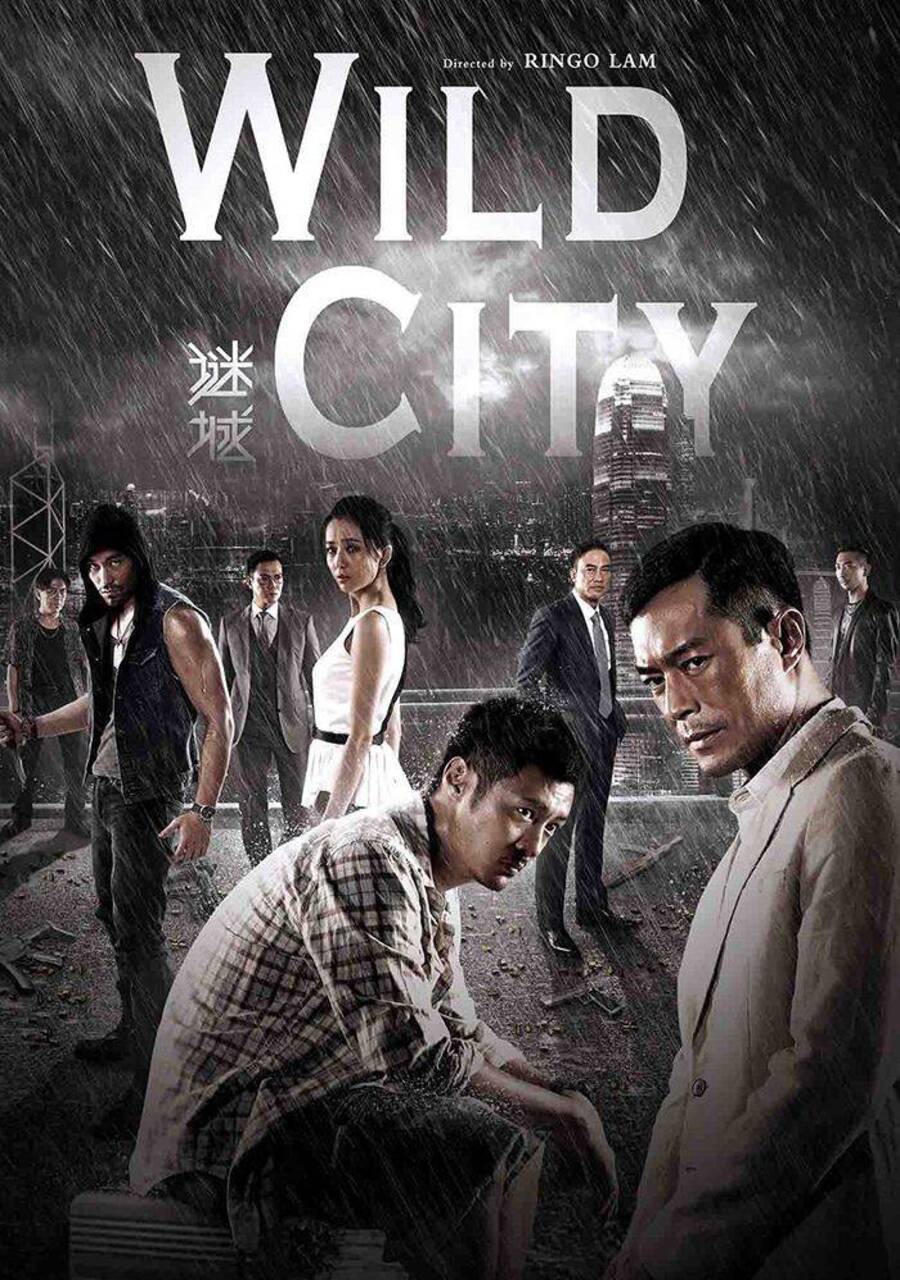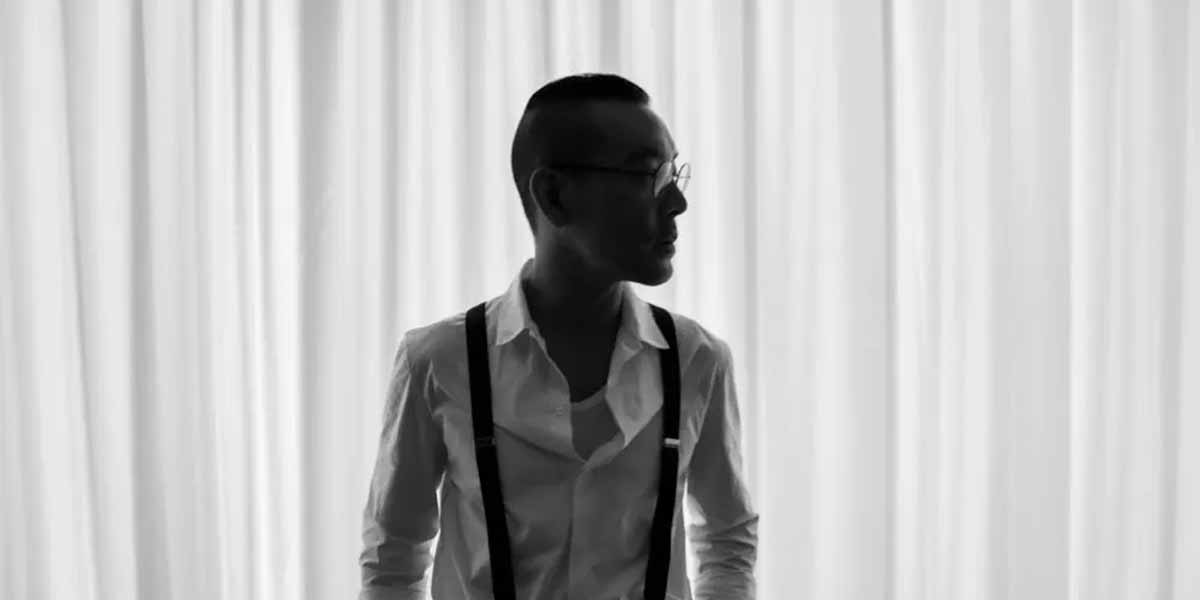
Juno Mak on His Star-Driven Cannes Midnight Screenings Drama ’Sons of the Neon Night’: ‘My Aim Was to Create a Unique World With Its Own Rules’
- Posted on
- 2025-05-14
- Source
- VARIETY
More than 12 years in the making and with a budget of $50 million, Juno Mak’s futuristic crime drama “Sons of the Neon Night” is finally here. Hong Kong’s most expensive movie will have its world premiere at the Midnight Screenings section of the 2025 Cannes Film Festival.
Mak is an iconic figure in Hong Kong. An artist, singer, record producer and fashion designer, he made a powerful filmmaking debut with the supernatural horror pic “Rigor Mortis” in 2013.
“Sons of the Neon Night” began during a sleepless night at the 2013 Toronto Film Festival, which Mak was attending in support of “Rigor Mortis.” There were offers to fund sequels, but Mak didn’t want to confine himself to horror and wanted to explore new territory.
“I envisioned a gripping crime saga that delved into the complexities of family dynamics, the insatiable thirst for power, and the pervasive issues of the pharmaceutical drug industry,” he says.
The narrative also tackles the traditional Asian family ideology of respect, he says, while also highlighting how this reverence can sometimes lead to emotional manipulation.
“Though the film’s setting may evoke elements of Hong Kong, my aim was to create a unique world with its own rules and systems, all set against a harsh climatic backdrop that mirrors the internal conflicts of its vibrant characters,” he says.
“Sons of the Neon Night” features a cast of East Asian A-listers, headed by Takeshi Kaneshiro (“House of Flying Daggers”), Tony Leung Ka-fai (“Cold War”), Sean Lau Ching-wan (“Life Without Principle”), Louis Koo (“Warriors of Future”) and Ritchie Jen (“Twilight of the Warriors: Walled In”).
Nate Connelly wrote the original score and it features a title theme by the late composer Sakamoto Ryuichi (“The Last Emperor”).
Asian sales and production firm Distribution Workshop first became attached to the film in 2015 and re-launched it at the Busan International Film Festival’s market last year.
The success of “Rigor Mortis” meant that securing investment was not the biggest hurdle.
“The first major challenge was scripting the film. In Asian cinema, there’s often a reliance on audience familiarity, but with ‘“‘Sons of the Neon Night,’ I aimed to create something entirely different — something that wouldn’t be easily relatable to the average viewer. I believe this is where the true magic of cinema lies: in its capacity for complete fiction and the extraordinary,” Mak says.
The film is set in a bleak and snow-covered version of Hong Kong. Given that Hong Kong is subtropical, South Korea provided the chilly backdrop for some of the filming — although one snowy scene was shot in Hong Kong in nearly 90-degree heat. The production also built a set of Hong Kong’s Causeway Bay in a factory in Huizhou, in neighboring Guangdong province.
Assembling the crew took more than a year and a half. Principal shooting extended over 142 days, which is very long in Hong Kong cinema, and there was also the additional physical challenge of filming in subzero temperatures in South Korea.
Mak wanted to explore the delicate balance between the familiar and unfamiliar.
“Traveling has always been one of my greatest sources of inspiration. I often sought out freezing cold destinations to escape the Hong Kong heat, gathering experiences and my thoughts along the way. These elements helped me to craft a fictional version of Hong Kong — one that feels both familiar and foreign,” he says.
“In ‘Sons of the Neon Night,’ I aimed to capture this intriguing duality. Rather than simply representing Hong Kong, I envisioned what it could be, reflecting my personal interpretation and imagination of the city. This exploration of contrasting feelings became one of the most compelling angles in the film,” he says.
During the 12 years spent making the movie, Mak stayed true to the original story but production was dogged by technical issues. The pandemic made post-production difficult, and the ambitious scope of the CGI stretched Hong Kong’s special effects capabilities.
“Nothing came easily during this process, but despite the obstacles, it all felt worthwhile in the end,” he says.
Mak says he feels that the Hong Kong film industry is doing its best to navigate these challenging times, but needs more of a focus on escapism and a move away from genres.
“I believe we need to inject more creativity into our storytelling,” he says. “Growing up, I watched films to escape reality, and that need for escapism feels more crucial now than ever.”
-
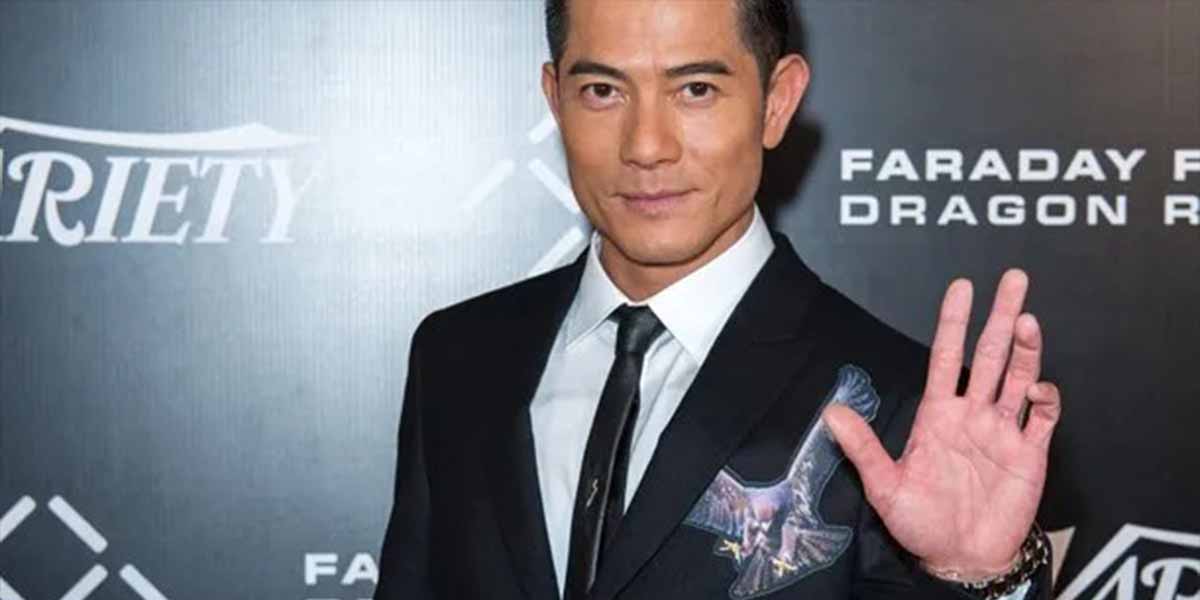
Aaron Kwok Drama ‘IOU’ Unveiled by Distribution Workshop at Hong Kong FilMart
2025-03-17
-

Distribution Workshop Picks Up Financial Scam Drama ‘IOU’ Starring Aaron Kwok
2025-03-17
-
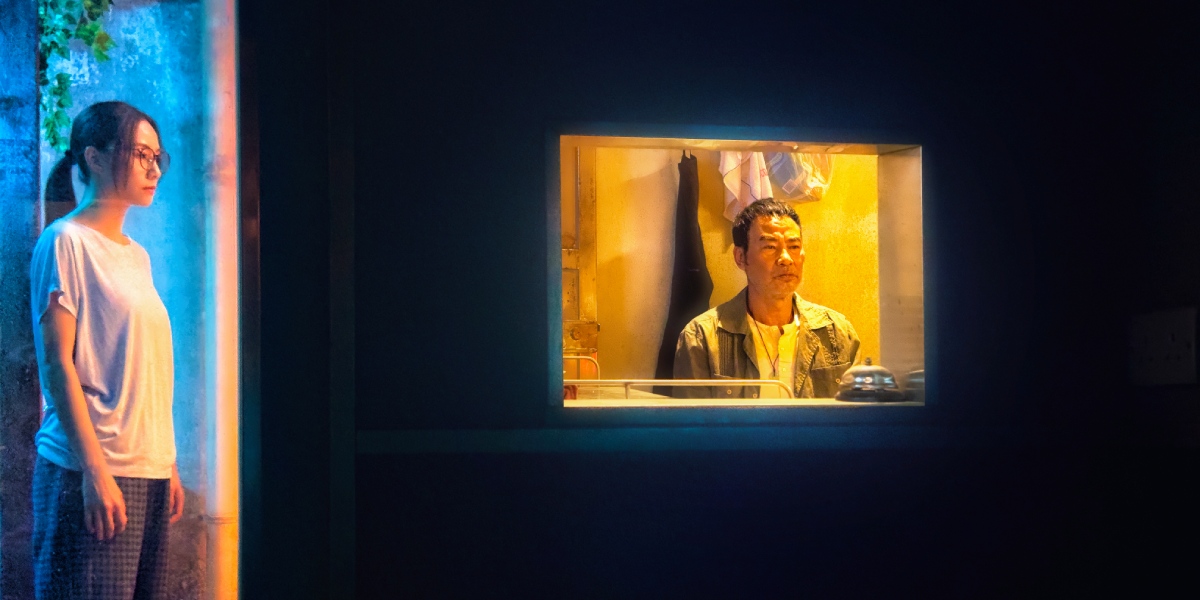
Film Review: Little Red Sweet (2024) by Vincent Chow
2024-11-08
-
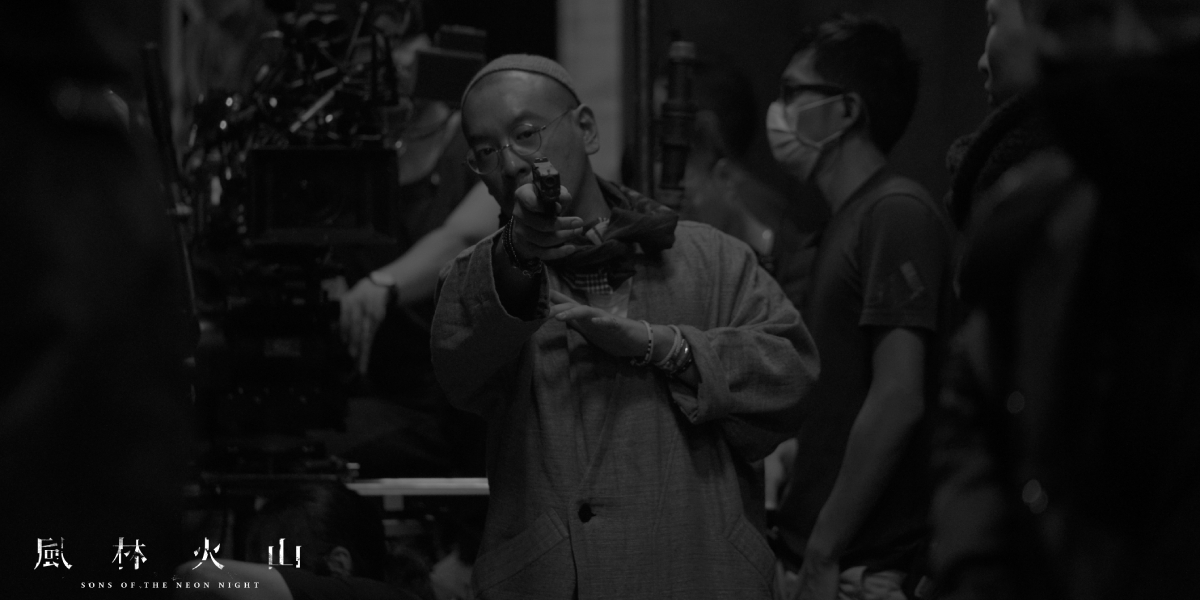
Juno Mak on Taking Ten Years to Direct Hong Kong’s Most Expensive Movie, ‘Sons of the Neon Night’: ‘I’ve Built a World Where it’s Freezing’ (EXCLUSIVE)
2024-10-04
-
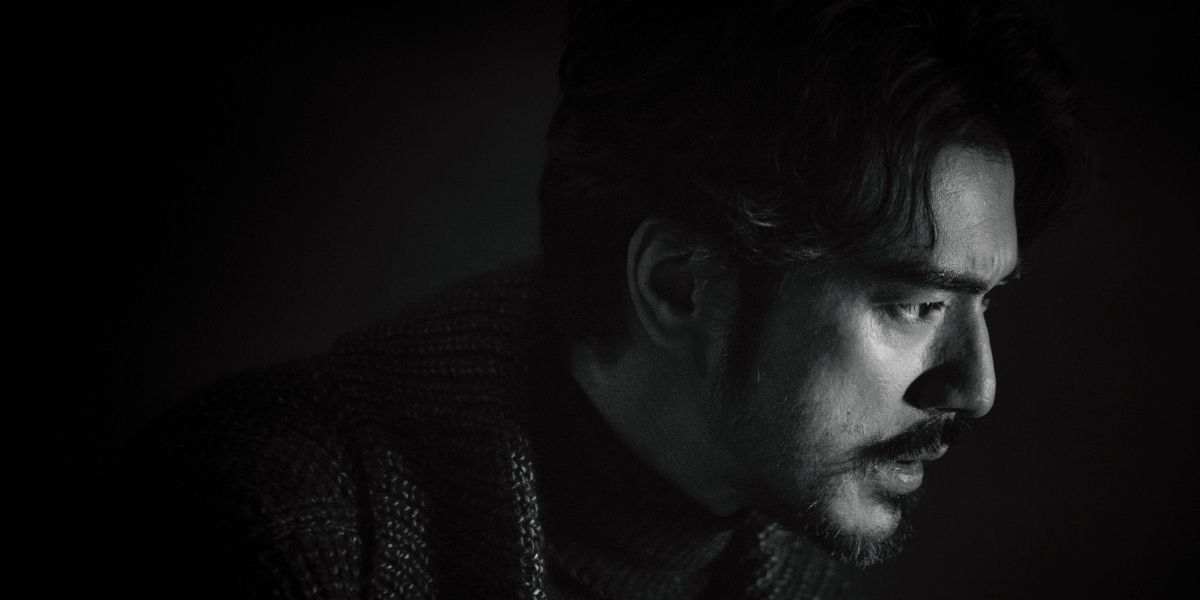
Distribution Workshop To Launch Sales On Juno Mak’s ‘Sons Of The Neon Night’ At ACFM
2024-09-30
-
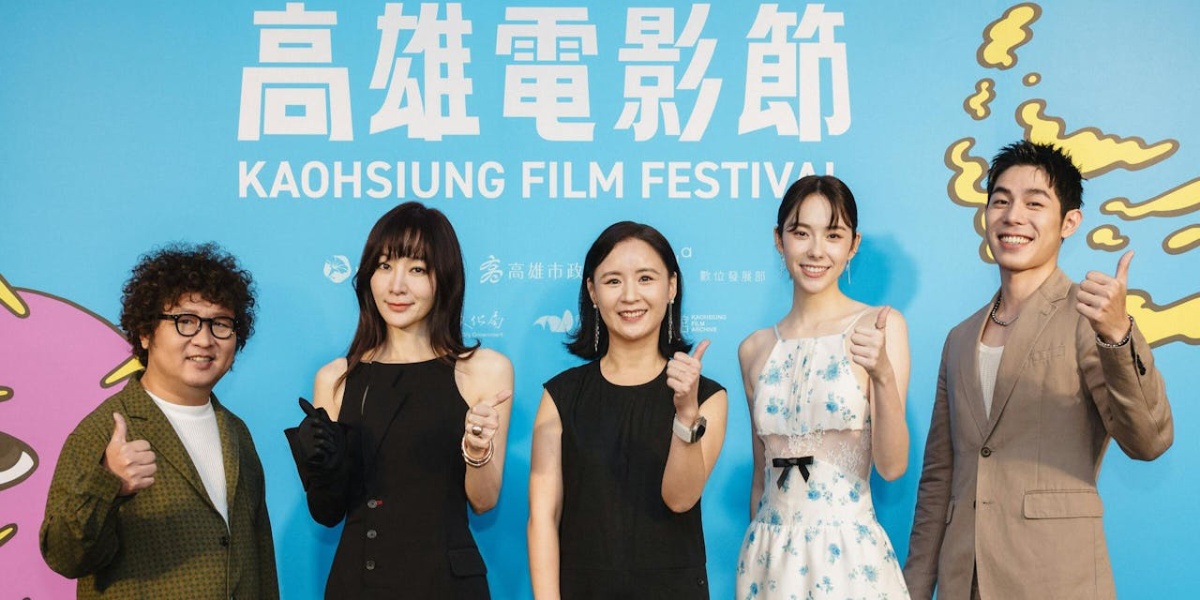
Kaohsiung Film Festival to feature ’Penguin Girl’ as opener
2024-09-02

